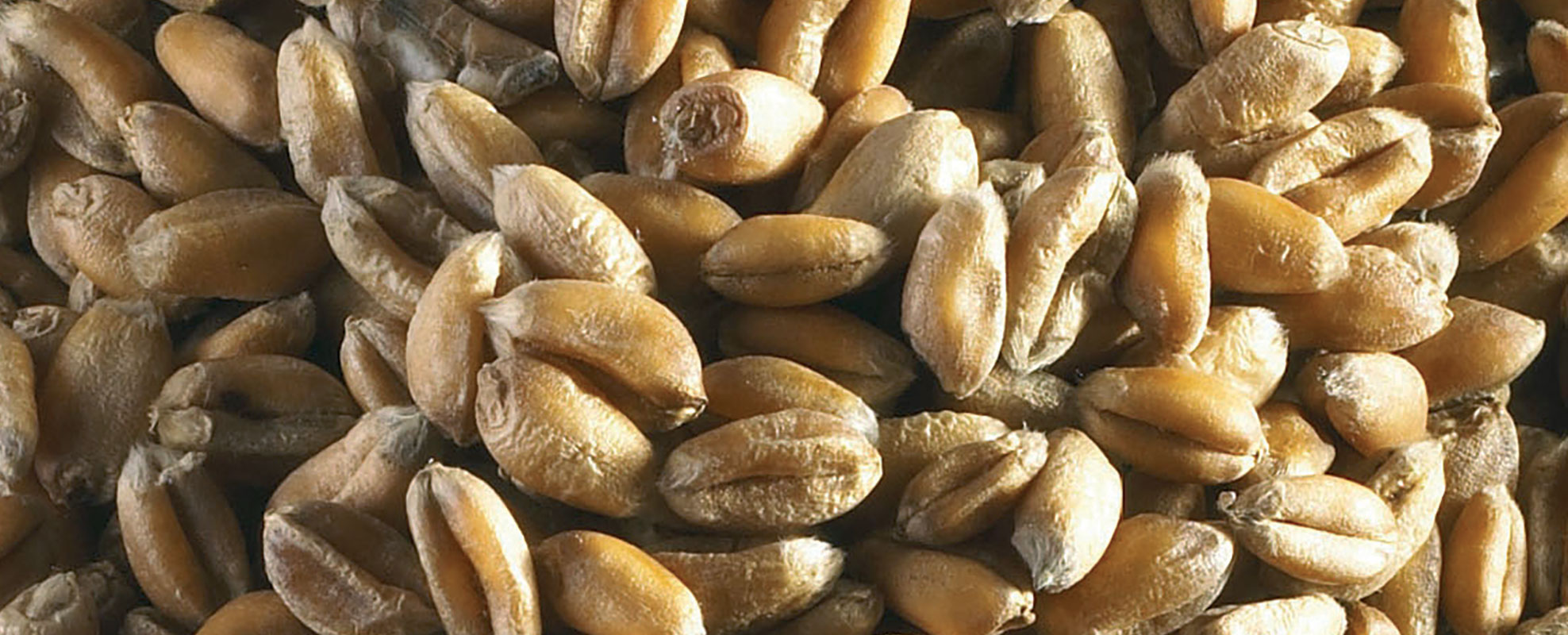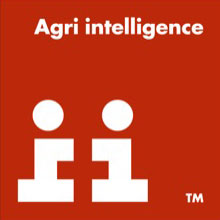
David Leaper, Agrii seed treatment technical specialist, explains the considerations that lead to an informed decision when making a seed treatment choice.
Seed treatments fulfil a range of requirements, but their primary role is to reduce the incidence of seed-borne disease, such as seedling blights, loose smut and bunt. The UK operates a strict seed certification system, which does much to ensure that some important diseases are held at a low level, but it is not possible to eliminate the risk completely.
The use of base-fungicidal treatments, such as Beret Gold (fludioxonil), Redigo Pro (prothioconazole + tebuconazole) and Rancona iMix (ipconazole + imazalil) has done much to reduce the risk even further. For this reason, 99% of certified seed and more than 90% of farm-saved seed receive a single-purpose treatment.
There are some, however, to whom the use of fungicide treatments seems at odds with the desire to promote soil microflora, although the data suggests such concerns are unfounded. The seed industry has done much work to evaluate their effects on non-target species and compatibility in growing systems. Those growers intent on sowing untreated seed, should at least have it tested beforehand to ensure seed-borne diseases are below threshold levels.
Since its launch in 2017, Vibrance Duo (fludioxonil + sedexane) has become a popular seed treatment, mainly in wheat, accounting for one-sixth of Agrii’s treated tonnage. It has found favour with growers for its excellent disease control and growth-promoting benefits. It increases crop establishment, reduces black-grass competitiveness and mitigates against cold, wet and spring and summer drought due to its rooting benefits.
Latitude (silthiofam) has been sold for the past 25 years and remains the only product with direct activity against the damaging take-all disease. The take-all fungus is endemic in second and third wheats across the UK. Each year, about 10% of Agrii wheat seed receives Latitude, which is reflective of the second wheat area.
While single-purpose treatments are the minimum course of action recommended in other situations, the data supporting the inclusion of high-load micro-nutrient treatment, such as i-Man (manganese), is indisputable. These products represent a targeted means of delivering nutrients to the young plant and an efficient way of helping it through the ‘hunger gap’.
Manganese has been used in spring barley for several decades. Agrii trials data is overwhelming and shows a strong case for applying it to all winter and spring cereals, regardless of the crop, drilling date, or situation. It is especially worthwhile in challenging conditions, such as when sowing is delayed or where soils are wet and cold.
The average yield response for all seed treatments is relatively small, but this masks much higher yield losses in many individual situations. Most importantly, they more than cover their cost with a positive return on investment; this has been confirmed in Agrii trials over the past 10 years.
- Take-all control (e.g. Latitude): 0.6 t/ha (3:1)
- Targeted crop nutrition (e.g. i-Man): 0.2 t/ha (3:1)
- Chemical stimulants (e.g. Vibrance Duo): 0.2 t/ha (3:1)
- Bio-stimulants (e.g. Nuello iN): 0.1-0.2 t/ha (2:1)
There is increasing interest in non-chemical, biological solutions driven by regulatory pressure and interest in regenerative farming. In basic terms, these fall into two categories:
Bio-control agents:
Bacteria-based bio-pesticides have been used by farmers for several decades across the world and, in oilseed rape, we now have an example, Integral Pro. Indeed, it provides better disease control than Thiram, the conventional treatment it replaced. Unfortunately, there are few other products in development as seed-borne diseases remain a difficult target to treat, while regulatory thresholds and product development costs can be prohibitive.
Bio-stimulants:
There are many forms of bio-stimulants, from non-microbial products, such as those containing seaweed extracts or peptides, to those containing live cultures, such as endophytes. Their field performance depends more on the crop growing well, and application responses are variable and often dependent on wider environmental conditions. Their benefits can be attributed to improved nutrient use efficiency, improved natural plant defences and greater tolerance of environmental stresses.
Agrii will continue to trial new treatments as they come to market and, where they demonstrate a reliable return to the grower, we will offer them in our seed treatment portfolio.
For further information contact
David Leaper, Agrii seed technical agronomist:
07972 188228 / david.leaper@agrii.co.uk


